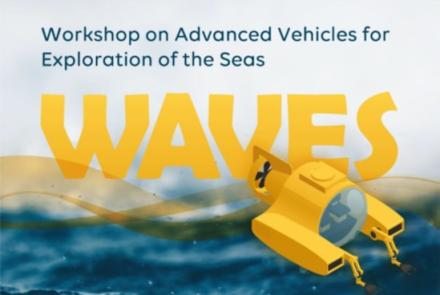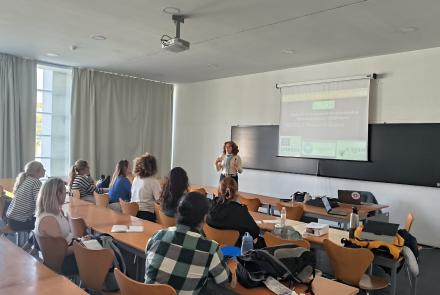CIBIO-Açores, the Research Center in Biodiversity and Genetic Resources – Azores, is based at the University of the Azores while constituting a research group of InBIO, the Research Network in Biodiversity and Evolutionary Biology. In 2018 it included 63 researchers: 20 PhDs (9 professors, 1 principal researcher, and 10 post-doc fellows), 12 PhD students, 8 MSc students and 23 research fellows. The center published 31 papers in 2018 and managed to obtain funding at national and international levels. Since its establishment in 2006, the center is devoted to the development of high level research in biodiversity using the Azores and other island systems as models. Its areas of activity span from coastal biotopes to natural and exotic forests but also include freshwater ecology, paleoecology and paleontology.
After more than ten years of scientific activity, our center includes research areas that have been gradually developing and maturating, and that presently gained enough cohesion and relevance to eventually give rise to more specific, independent research lines. Nevertheless, the group continues to include a high level of overlap and interconnection between those different areas, with several members participating in the activities of these diverse but complementary fields. Although this strategic analysis served basically as an internal exercise, we think that the resulting definition of research lines fully merits to be presented here, as a way to more completely characterize the diversity of our center. As in biological organisms and populations, diversity can be an advantage to survive and still drive when environmental conditions (e.g., funding, scientific career opportunities) change rapidly, and when a considerable degree of uncertainty rests upon the role of biodiversity as a research area to focus on. In fact, the need to join organismal and ecosystem research to more production-oriented approaches is a continuous challenge, which will also depend on a type of scientific training less dependent on knowledge acquisition, and more focused on the development of highly integrative skills, as well as on the use of cross-section disciplines such as sound statistical design and data analysis, the use of technological tools (e.g. metagenomics, third generation DNA sequencing), and of rapidly emerging areas, including artificial intelligence and machine learning.
With a considerable portion of the scientific process becoming more technological, and therefore more and more automated, the role of the researcher will become more one of a systems’ analyst, linking research questions and societal needs through holistic approaches. Meanwhile, the technological upgrade of research institutions is presently very heterogeneous, due to clear funding inequalities. We do hope that our research institution, as a whole, will manage to win important future challenges. On our part, we will continue to support research and advanced training, hopefully using our island laboratories as launchers of scientific ideas, even if other types of launchers will gain more relevance in the near future.







